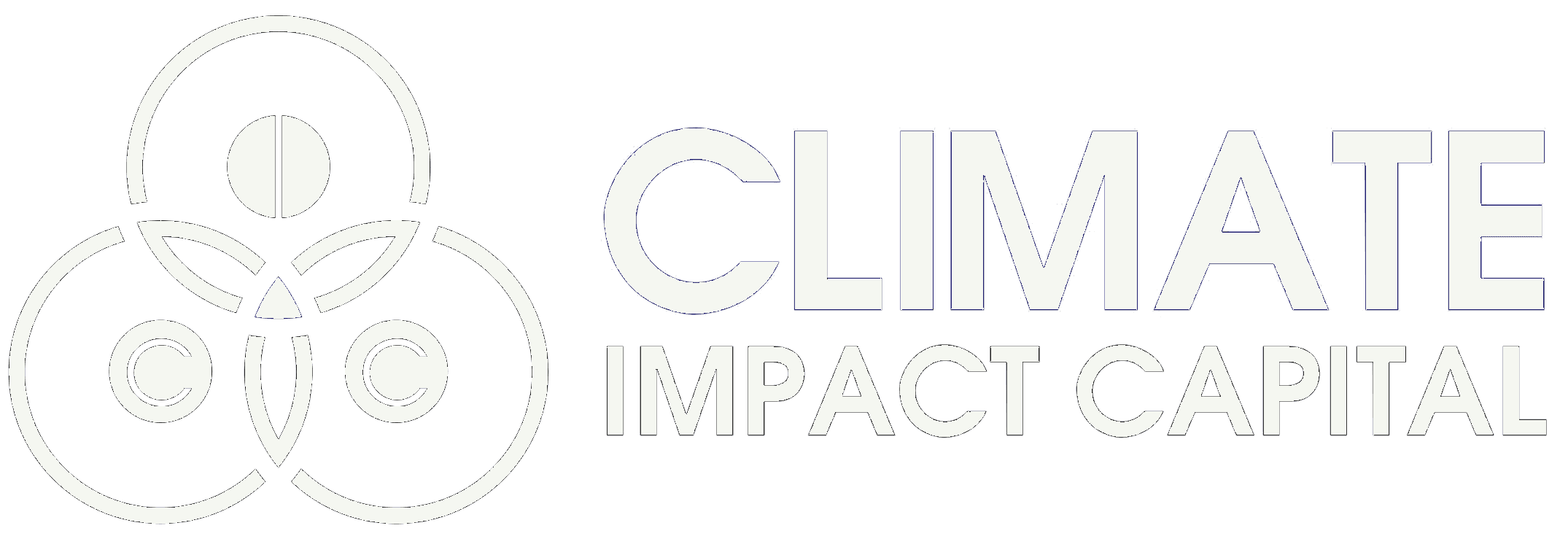The novel coronavirus pandemic and its resulting economic disruptions could delay U.S. wind and solar projects from being started or completed by the end of 2020, threatening their access to federal tax credits that are critical to their financing.
Clean-energy industry groups and their allies in Congress want to stop that from happening, and they see the massive coronavirus stimulus package now being crafted in Congress as a way to do it.
Specifically, the clean-energy sector is asking lawmakers to extend the deadline for federal tax credits for wind and solar projects from 2020 to 2021, and allow some tax credits to be made as direct payments to prevent the loss of investors’ “tax appetite” from undermining project financing.
On Tuesday, the three Democrats who co-chair the House Sustainable Energy and Environment Coalition — Gerry Connolly of Virginia, Paul Tonko of New York and Doris Matsui of California — called for including in the stimulus package seven wind, solar, electric vehicle, energy storage and energy efficiency bills, a subset of measures included in a House proposal from last year, dubbed the GREEN Act.
They asked for the measures to be added to the $1 trillion economic stimulus plan unveiled by the Trump administration on Wednesday, which includes $500 billion in cash payments to individual Americans, $300 billion for small businesses, $50 billion for airlines and $150 billion for other affected sectors.
As this latest stimulus package moves to the Senate, clean-energy proponents are focused on the industry’s main challenge: “supply chain disruptions that threaten the ability of renewable energy projects to qualify for time-sensitive tax credits,” Greg Wetstone, CEO of the American Council on Renewable Energy (ACORE), said in a Wednesday interview.
ACORE, along with the American Wind Energy Association, the Solar Energy Industries Association, the Energy Storage Association and other clean-energy industry groups, laid out its priorities in a Thursday letter to congressional leaders.
The groups are seeking an extension of the start-construction and safe-harbor deadlines to qualify for renewable tax credits, giving developers hit by pandemic-related disruptions more time.
Further, they are asking for provisions to allow limited transferability or direct payment of renewable tax credits, to keep projects moving forward even if tax equity dries up.
Extending PTC, ITC deadlines
Wetstone noted that wind and solar developers face “near-term, concrete deadlines” for completing projects to be eligible for federal tax credits set to ratchet down at year’s end. Wind power developers in particular are facing a time crunch to complete projects by the end of 2020 to be eligible for the full Production Tax Credit (PTC), the chief incentive available for that industry.
Wood Mackenzie has already warned that many U.S. wind projects are “at risk” of missing the 2020 deadline, threatening their underlying economics. Those already-tight timelines could be undone by the manufacturing, supply chain, workforce and regulatory disruptions caused by the coronavirus pandemic.
“A delay from the supply chain of even a few months can make it difficult or impossible to qualify for credits and undermine the financial structure that’s essential for renewable energy growth,” Wetstone said.
Extending to the end of 2021 the “placed-in-service” deadline for wind projects to receive the PTC would relieve this pressure on developers and their financing partners, he said. So would an extension through 2021 of the “beginning of construction” deadline for offshore wind and solar projects seeking access to the federal Investment Tax Credit (ITC), he said.
Tax credit “transferability” or direct payment
The other measure being sought would address another challenge with the PTC and ITC regimes, Wetstone said: “a decline in the availability of tax equity, which is critical for allowing renewable companies to monetize tax credits.”
The structure of the PTC and ITC force wind and solar developers to rely on investors that have tax burdens to offset. But in a year when many companies and financial institutions are likely to face revenue declines or losses, that “appetite” for tax credits can dwindle, shrinking the pool of investors — a problem that also reared its head during the recession of 2008-2009.
“We’ve seen quite a hit to the economy over the last week and a half,” Amish Shah, a partner at law firm Eversheds Sutherland who works with a range of developer clients in wind and solar, told Greentech Media last week. “The question is [whether we’re] going back to 2009 [when] there was limited tax equity.”
To combat that, clean energy groups are proposing changes to the law that would allow for “limited transferability” of the PTC and ITC tax credits to other forms of payment, such as the “direct pay” approach outlined in the GREEN Act proposal. That could allow investors to receive a limited portion of those credits that exceed their tax liability in the form of payments from the federal government.
The American Wind Energy Association and the Solar Energy Industries Association are also advocating for a broader extension of the ITC for solar power as well as including energy storage in the ITC. Both are part of the GREEN Act proposal from the House, but neither won approval in the end-of-year federal budget deal reached by Congress in December.
But with limited time to pass the coronavirus stimulus package, the industry is most closely focused on the more limited tax credit extensions and transferability measures, Wetstone said.
“I think we’re just coming to grips with the impacts on the energy sector,” he said. “As with all things dealing with coronavirus, it’s very difficult to try to project where this is going to take us. What’s clear is that without congressional action, we will see a dramatic reduction in what looked to be a booming year of renewables growth.”

